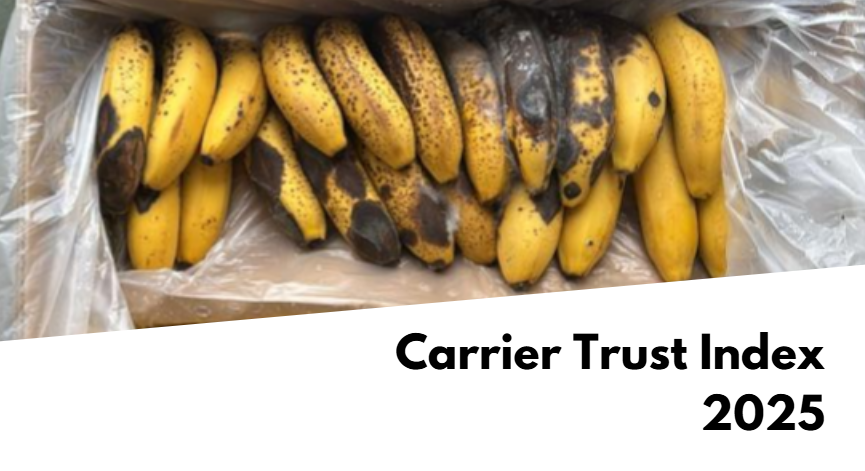Who has a right to claim?

Two things cargo insurers do WRONG today
November 12, 2020
Why do I need a destruction certificate for my cargo claim?
December 13, 2020Letter of Assignment in cargo claims. SEPARATING FACTS FROM FICTION
Cargo claims industry has become full of false information that has been perpetuated over the years. Even simple notions have been over complicated and messed up. When cargo is damaged in transit a question who has a right to claim and/or issue Letter of assignment to third party service providers oftentimes arise.
Letter of Assignment (LOA): the document, whereby the cargo owner assigns ownership of the Claim to third party and which authorises to act on behalf of the Client. This document may be in many shapes and forms, including, but not limited to Power of Attorney, allowing nominated party to negotiate claims and collect payment for the cargo damage or loss from the liable party on their behalf.
Only 3 parties can have a right to claim damage initially: exporter, importer or freight forwarder.
Here are the 3 mostly encountered scenarios which you can run into:
Scenario 1:
- Shipper sells cargo to receiver,
- Receiver pays shipper for the cargo in advance,
- Goods are shipped to the receiver,
- Cargo is damaged in transit,
Receiver receives cargo with damages, cannot sell and is left with a financial loss.
- Receiver tries to recover the financial loss from the liable party but fails and appoints a third party to recover his loss.
- As it is the receiver who carries the loss (he paid to shipper for good quality cargo already) in this scenario, the sequence of the LOA is as follows:
- Receiver issues LOA to Third Party to pursue claim against liable for the damage party
Scenario 2:
- Shipper sells cargo to receiver,
Agreement states that receiver will pay remaining 90% of the invoice for the cargo on arrival,
Goods are shipped to the receiver,
Cargo is damaged in transit,
Receiver receives damaged cargo and does not pay to the shipper,
Shipper is left with financial loss,
As it is the shipper who carries the loss in this scenario, the sequence of the LOA is as follows:
- Receiver issues LOA to Shipper
- Shipper issues LOA to Third Party
Scenario 3:
- Same scenario as # 1 and #2 but the shipper appoints FFW, who issues HBL. Who has a right to issue LOA to pursue a claim against a liable party then?
- As it is the FFW who is manifested as a shipper on Master BL, the sequence of the LOA is as follows:
- Receiver issues LOA to Shipper
- Shipper issues LOA to Freight Forwarder
- Freight forwarder issues LOA to Third Party
No complications here. Same draft of LOA applies to all above.
It is worth noting, that cargo interests might have a claim directly against the shipping line in “tort” (i.e. a non contractual liability) on the basis that there is a duty in law to look after something of which you have custody or control of property belonging to a third party. In this instance, LOA from freight forwarder is not necessary.
Conclusion
So, in conclusion, we can see from the above scenarios that there must be a completed “chain” of subrogation for cargo owner to recoup his loss. Having gained the permission, through LOA/s, he can then appoint a third party to carry out the legal work required to recoup the loss, in turn providing the third party with an LOA to move forward on their behalf.


